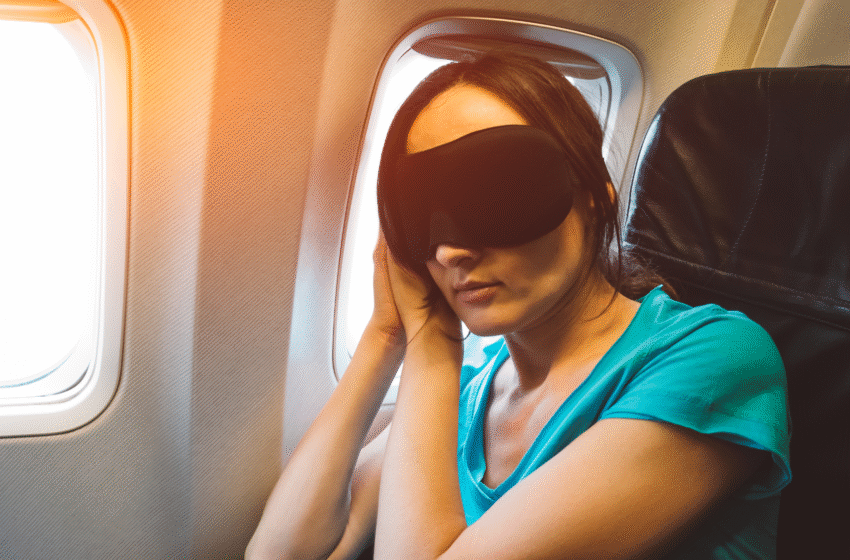12 Ways to Overcome Jet Lag Faster

Science-backed tips to beat jet lag and recover faster while traveling
Long-haul flights often bring excitement for new destinations but also the struggle of jet lag, a disruption to your body’s internal clock caused by crossing multiple time zones. Symptoms like fatigue, insomnia, irritability, and poor concentration can make it hard to enjoy your trip. Fortunately, experts say there are proven ways to overcome jet lag faster and adapt more smoothly to new time zones. Here are 12 strategies backed by science to help travelers in 2025.
1. Adjust Your Schedule Before Traveling
Gradually shift your sleep and meal times to match your destination a few days before departure. This helps your circadian rhythm align more easily upon arrival.
2. Stay Hydrated Throughout the Flight
Dehydration worsens fatigue and disrupts sleep. Drinking water regularly and avoiding alcohol or excess caffeine can reduce the impact of jet lag.
3. Get Exposure to Natural Light
Sunlight is the strongest cue for resetting your body clock. Spending time outdoors at your destination, especially in the morning, helps you adapt more quickly.
4. Take Short Strategic Naps
Brief naps (20–30 minutes) can fight drowsiness without interfering with nighttime sleep. Longer naps, however, can delay adjustment.
5. Move and Stretch During Travel
Simple stretches and short walks during long flights improve circulation and help reduce stiffness. Staying active after arrival also speeds recovery from jet lag.
6. Use Melatonin Wisely
Melatonin supplements can help regulate sleep cycles. Experts recommend using them in small doses and only when adjusting to a new time zone, not as a long-term sleep aid.
READ ALSO
12 packing hacks every traveler should know
9 travel apps that make your trip stress-free
7. Eat Light, Balanced Meals
Heavy meals make it harder for the body to adjust. Eating smaller, balanced portions rich in protein, fruits, and vegetables supports faster recovery from jet lag.
8. Avoid Excessive Screen Time at Night
Blue light from phones and laptops disrupts melatonin production. Using screen filters or limiting device use before bed can improve sleep quality in a new time zone.
9. Try the Two-Flight Rule
If possible, break long-haul journeys into two shorter flights with an overnight stay in between. This gradual transition can lessen severe jet lag symptoms.
10. Exercise at the Right Time
Moderate exercise, like walking or light workouts, in the morning or afternoon helps reset your internal clock. Avoid strenuous evening workouts, which may keep you awake longer.
11. Use Sleep Aids with Caution
Some travelers rely on sleep aids for long flights. While they may help in specific cases, experts warn they should only be used occasionally and under medical advice.
12. Give Yourself Time to Adjust
Finally, don’t expect instant recovery. On average, it takes about one day per time zone crossed to fully adapt. Planning rest days at the start of a trip can reduce stress.
As international travel increases, knowing how to beat jet lag quickly is essential for both business and leisure travelers. These 12 science-backed strategies can help reduce fatigue, improve focus, and maximize enjoyment of any trip.

